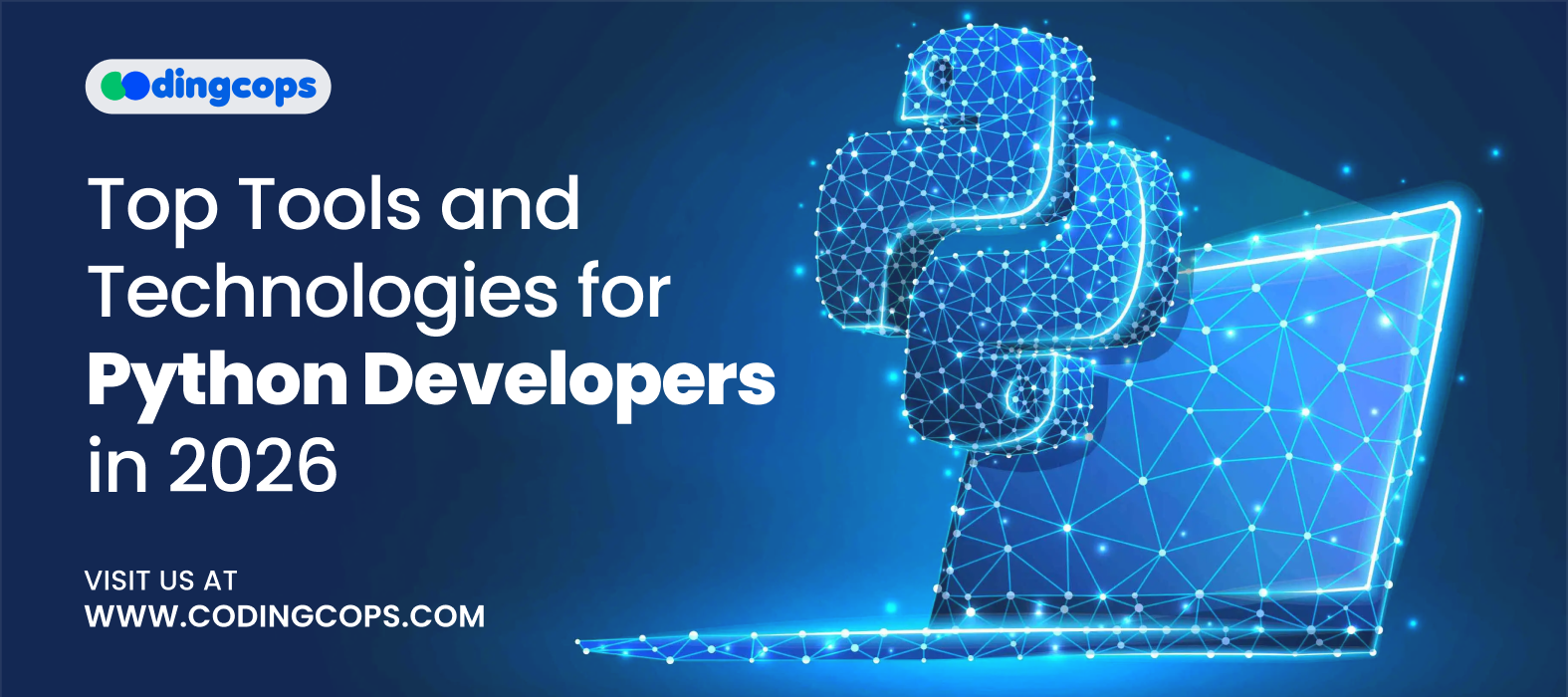Python remains one of the most traditional programming languages, known for its ease of use, code readability, and versatility. Developers use it in multiple sectors including web applications, data analysis, and Artificial Intelligence among others.
With the further progress into 2026, the software tools and technologies for Python development also change which allows the programmers to use the most effective tools.
1. Integrated Development Environments (IDEs)
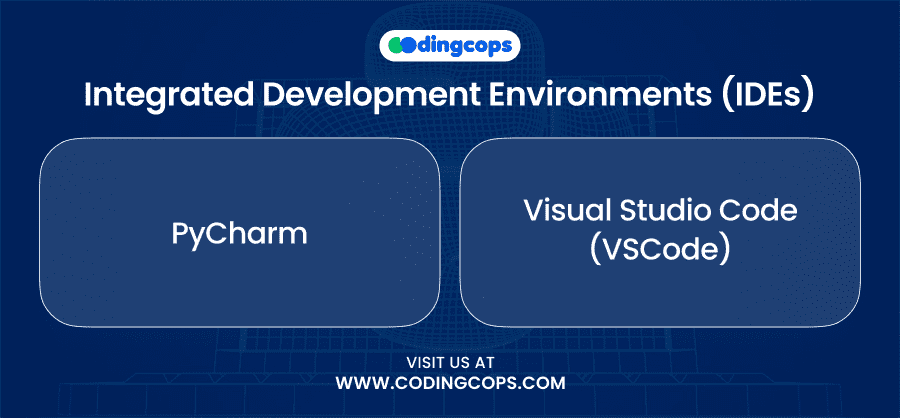
- PyCharm
PyCharm is loaded with many enhanced features such as code completion, debugging, and support for web frameworks including Django and Flask for Python developers. This is especially done based on its strong plugin architecture which enables the developers to build the environment for their needs.
- Visual Studio Code (VSCode)
VSCode remains a favorite among developers for its lightweight nature and impressive versatility. With extensions for Python coding, live sharing of code, and Git integration, VSCode is more than just an editor; it’s a complete development environment that supports a Python developer’s multifaceted needs.
2. Version Control Systems
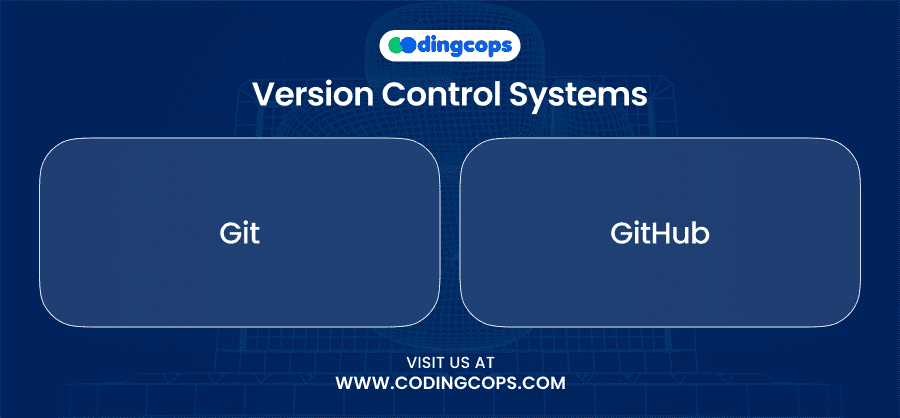
- Git
Understanding and utilizing Git for version control is imperative for developers in 2026. Its features facilitate the control of change by providing mechanisms to prevent two people from making independent changes to the same code.
- GitHub
Aside from Git, GitHub offers a place where users can store and manage their code online including features to report bugs, manage issues, and perform code reviews. It also serves somewhat as a developer’s portfolio, where one can promote their work to employers or investors.
3. Virtual Environments
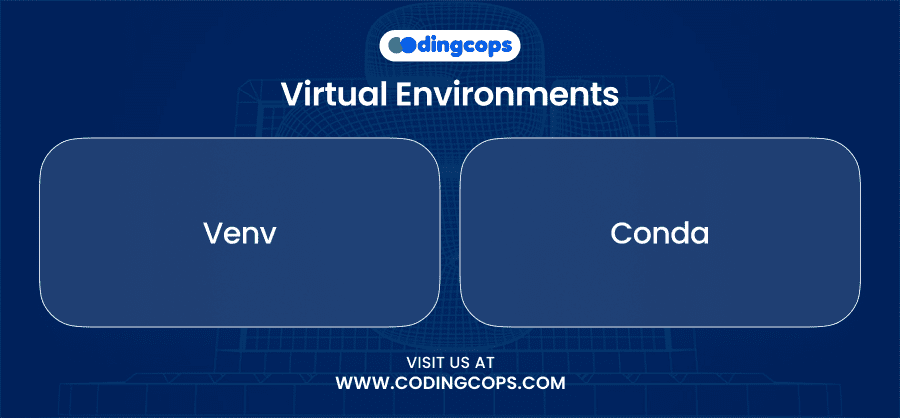
- Venv
Python’s built-in Venv module allows developers to create isolated environments for different projects. This means one can handle different dependencies for each project, then there will not be any conflict and everyone will assist in ensuring that projects are tidy.
- Conda
An alternative to Venv, Conda is a popular choice for data science projects as it simplifies package management and deployment. It is compatible with packages from both Python and even from other languages which makes it so flexible.
4. Frameworks for Web Development
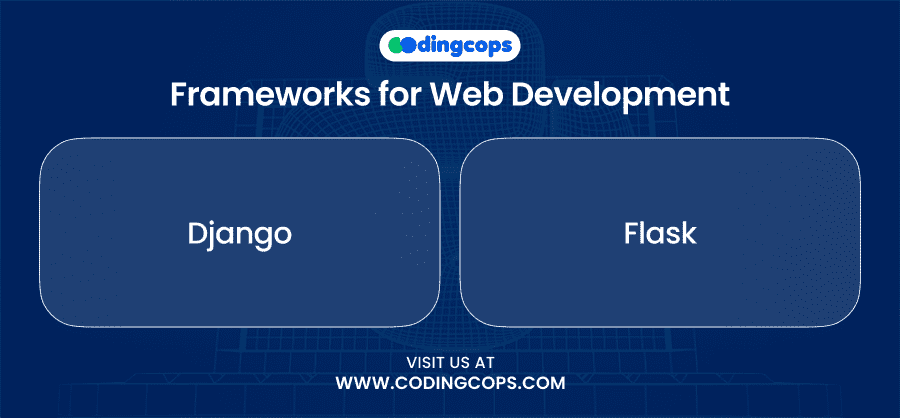
- Django
Django is highly favored for its “batteries-included” approach, offering built-in features for almost everything a web developer needs. From ORM (Object-Relational Mapping) to security features, Django allows developers to build secure, scalable, and maintainable web applications efficiently.
- Flask
If you prefer a minimalistic approach, Flask is the way to go. It also provides data structures and functions for operating numerical tables and time series which makes data preprocessing very easy. Flask is perfect for smaller projects or when greater control over components is needed.
5. Data Science and Machine Learning
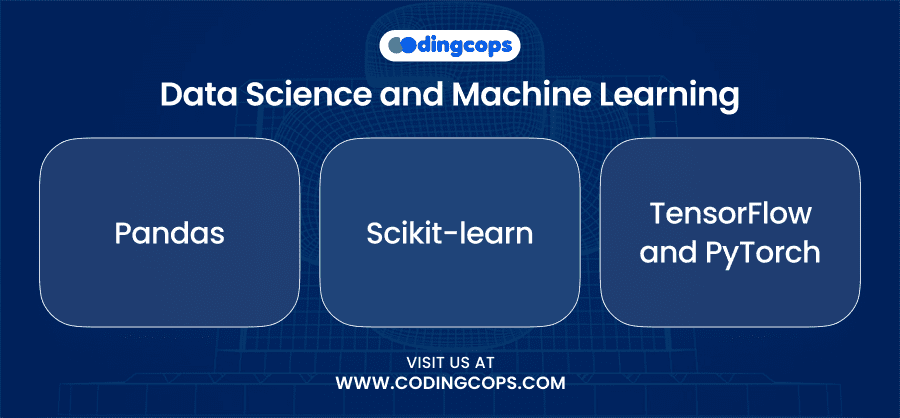
- Pandas
For data manipulation and analysis, Pandas is unmatched. It gives data structures and operations on numerical tables and time series to facilitate data preparation, which is simple.
- Scikit-learn
Scikit-learn is a software that has been developed for data mining and data analysis toolboxes based on NumPy, SciPy, and matplotlib. It is quite user-friendly and offers numerous options for performing tasks that relate to machine learning.
- TensorFlow and PyTorch
When it comes to AI often labeled as deep learning, Tensorflow and Pytorch are the tools of choice. Both are remarkably efficient in handling large amounts of data and in designing algorithms for AI solutions.
6. Testing Tools
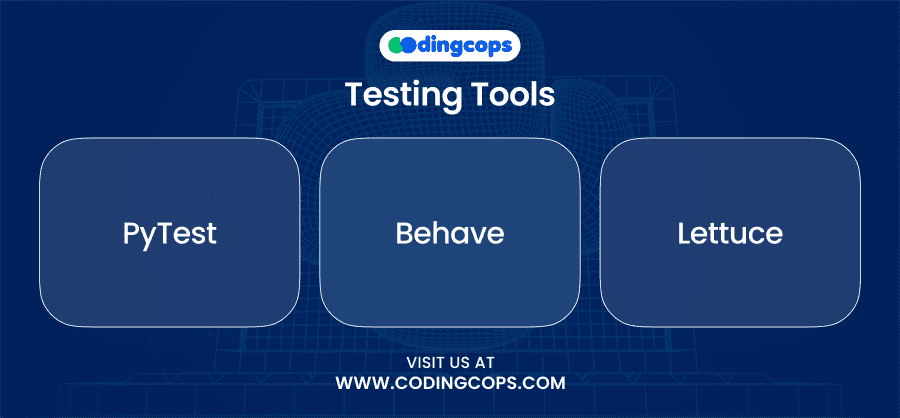
- PyTest
Testing is crucial for maintaining code quality and reliability. PyTest is a straightforward testing tool that can assist with all types of tests, including basic unit tests as well as very particular functional tests for applications.
7. DevOps Tools
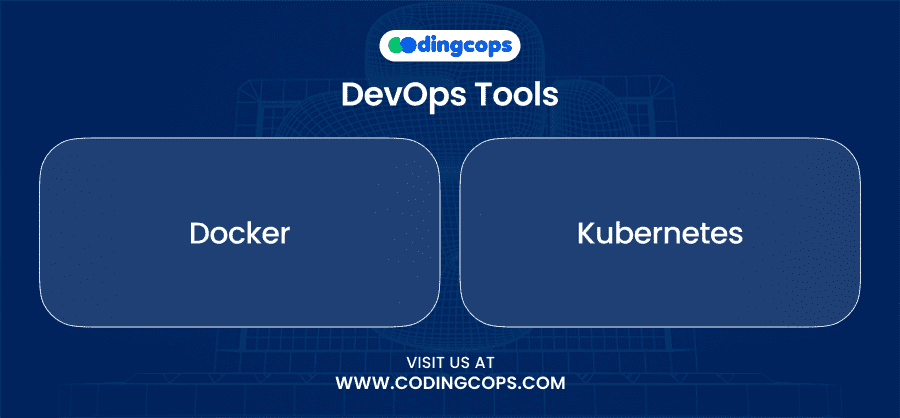
- Docker
Docker simplifies deployment by containerizing applications, ensuring that your application works seamlessly in any environment. For Python developers, Docker means no more worries about dependencies and conflicts with system-level packages.
- Kubernetes
For larger applications, Kubernetes helps manage and scale containerized applications using Docker. In essence, it proves useful in a microservices environment where handling one or many containers is compelling.
Conclusion
Staying updated with these tools and technologies will not only enhance your productivity as a Python developer but also broaden your career opportunities in 2026. Without a doubt, web applications, data analysis, or even the development of artificial intelligence solutions, the Python environment possesses a number of tools to help you on your way.
More Related Blogs
- React vs. Backbone.js
- React Lifecycle Methods
- React State Management Libraries
- Nest.js developers
- dedicated React developers

